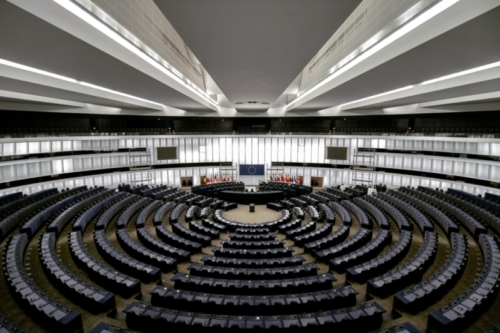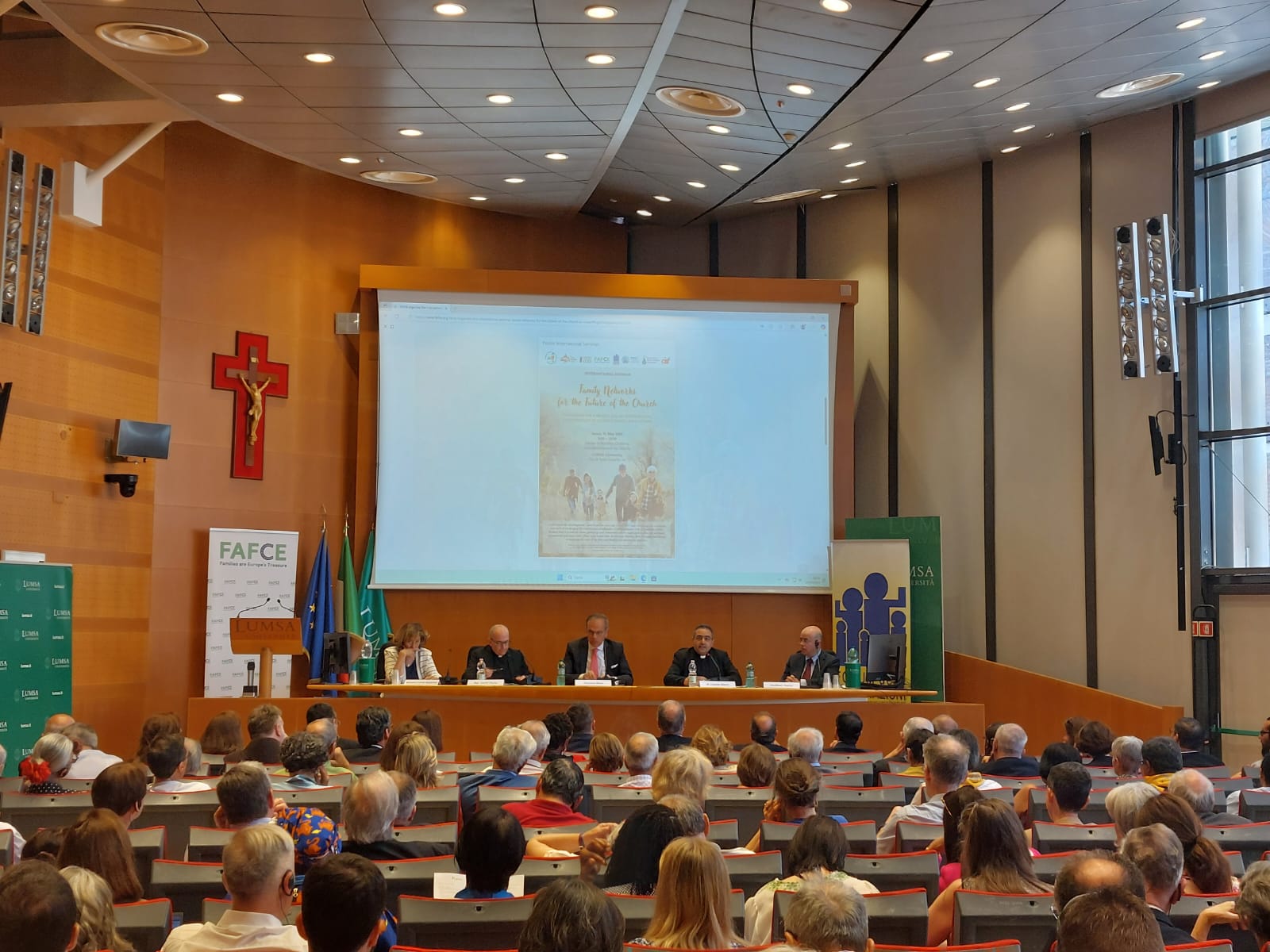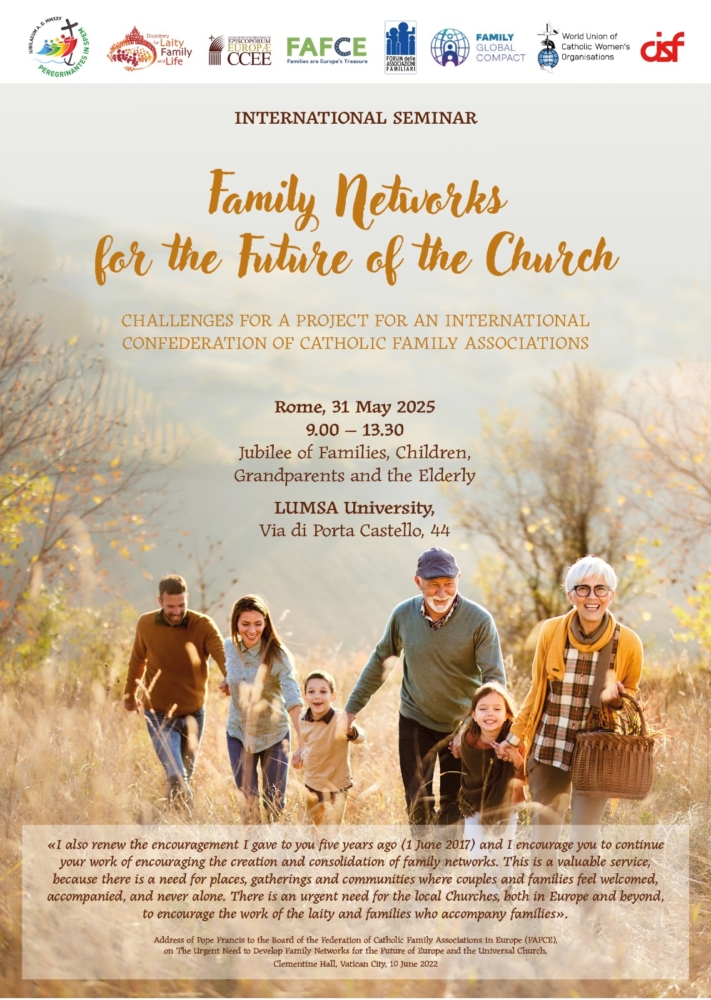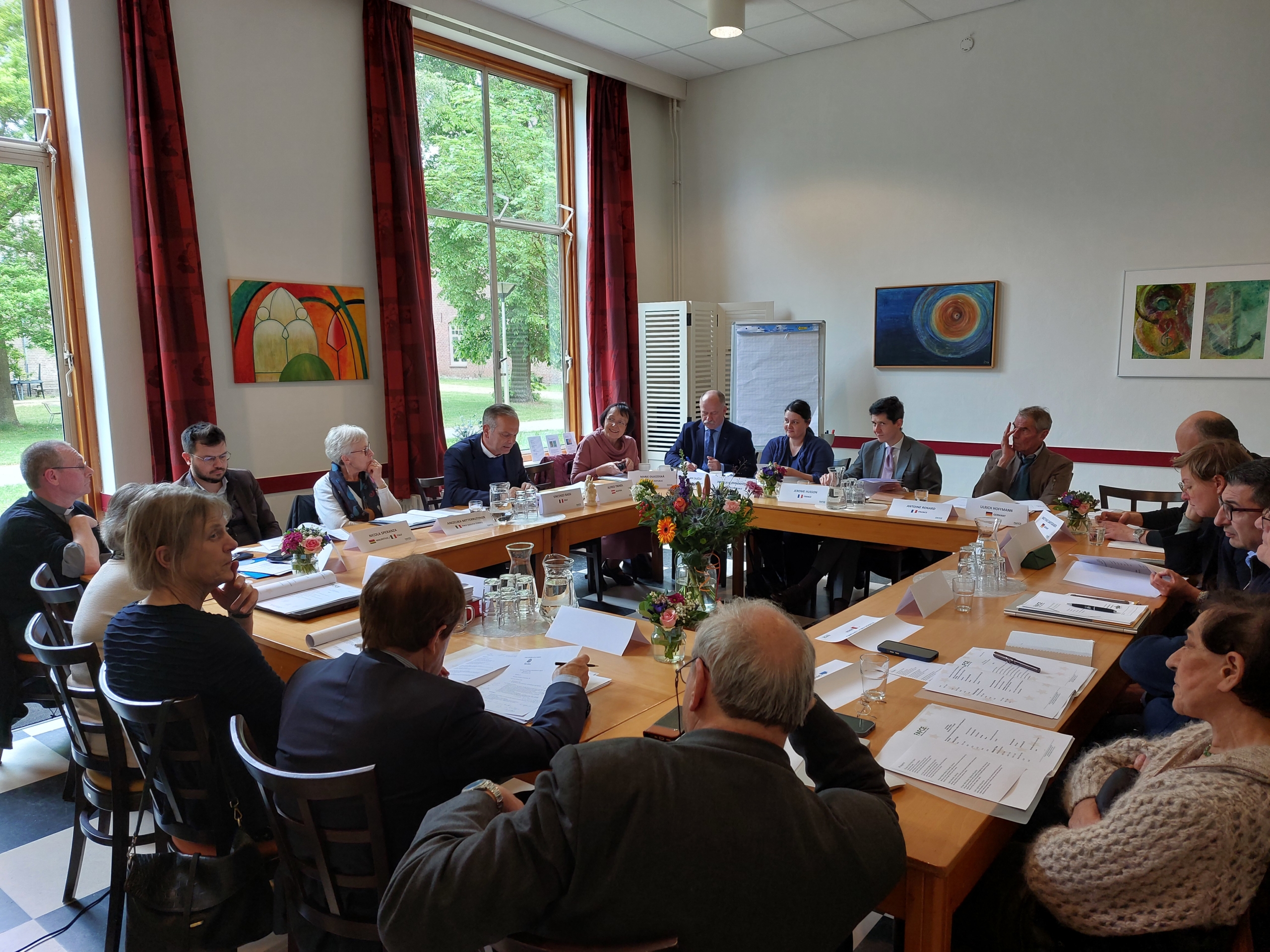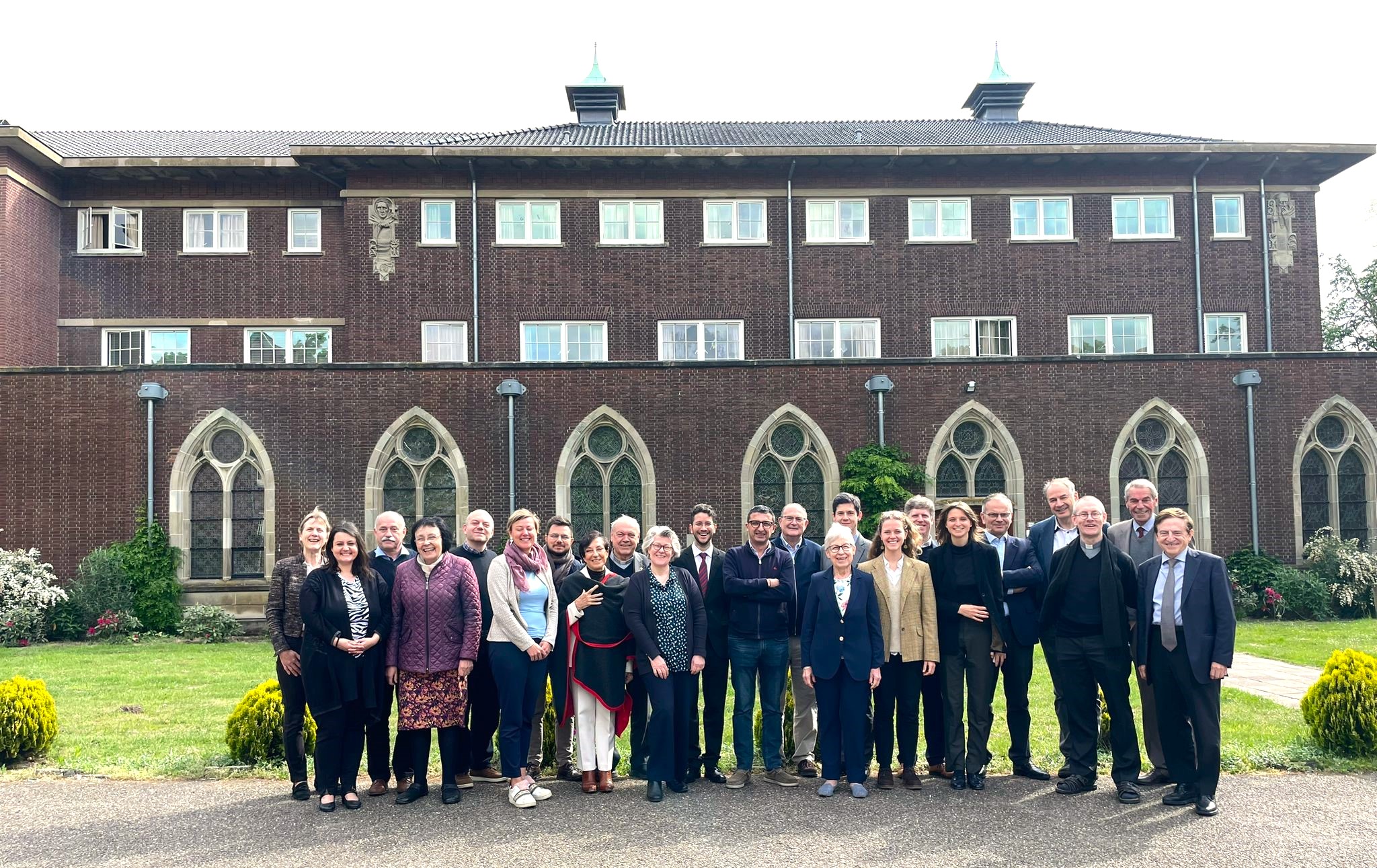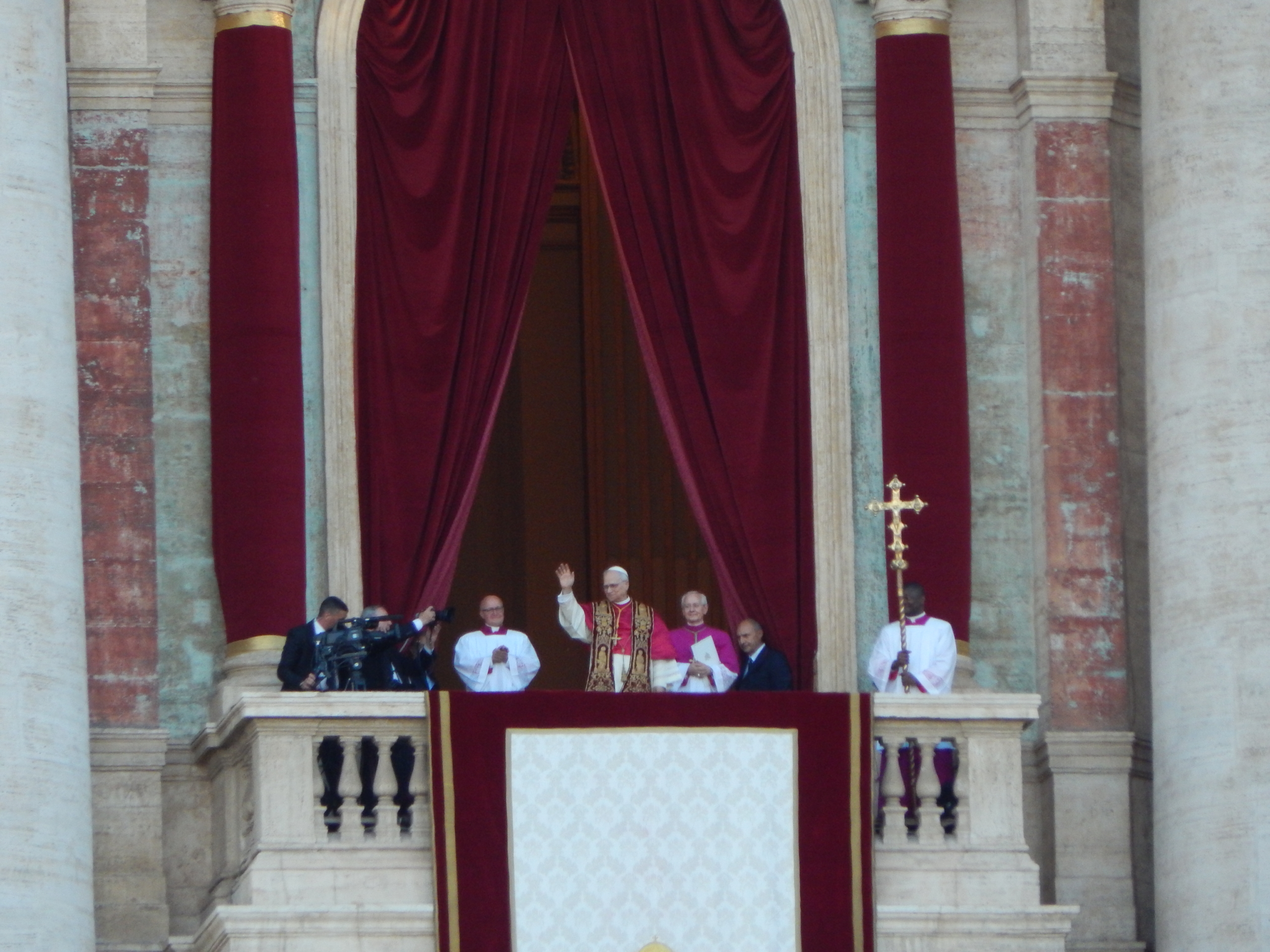Art & Family
The Family is very connected with Art. In this page we would like to encourage families with all their members to live with Art and to make of art by their lives living their faith.
As John Paul II Pope said in 1999 in its Letter to the Artists “Society needs artists, just as it needs scientists, technicians, workers, professional people, witnesses of the faith, teachers, fathers and mothers, who ensure the growth of the person and the development of the community by means of that supreme art form which is “the art of education”. Within the vast cultural panorama of each nation, artists have their unique place. Obedient to their inspiration in creating works both worthwhile and beautiful, they not only enrich the cultural heritage of each nation and of all humanity, but they also render an exceptional social service in favor of the common good.
The particular vocation of individual artists decides the arena in which they serve and points as well to the tasks they must assume, the hard work they must endure and the responsibility they must accept. Artists who are conscious of all this know too that they must labour without allowing themselves to be driven by the search for empty glory or the craving for cheap popularity, and still less by the calculation of some possible profit for themselves. There is therefore an ethic, even a “spirituality” of artistic service, which contributes in its way to the life and renewal of a people. It is precisely this to which Cyprian Norwid seems to allude in declaring that “beauty is to enthuse us for work, and work is to raise us up”.
The distinction between the moral and artistic aspects is fundamental, but no less important is the connection between them. Each conditions the other in a profound way. In producing a work, artists express themselves to the point where their work becomes a unique disclosure of their own being, of what they are and of how they are what they are. And there are endless examples of this in human history. In shaping a masterpiece, the artist not only summons his work into being, but also in some way reveals his own personality by means of it. For him art offers both a new dimension and an exceptional mode of expression for his spiritual growth. Through his works, the artist speaks to others and communicates with them. The history of art, therefore, is not only a story of works produced but also a story of men and women. Works of art speak of their authors; they enable us to know their inner life, and they reveal the original contribution which artists offer to the history of culture. A noted Polish poet, Cyprian Norwid, wrote that “beauty is to enthuse us for work, and work is to raise us up”. The theme of beauty is decisive for a discourse on art. It was already present when I stressed God’s delighted gaze upon creation. In perceiving that all he had created was good, God saw that it was beautiful as well. The link between good and beautiful stirs fruitful reflection. In a certain sense, beauty is the visible form of the good, just as the good is the metaphysical condition of beauty. This was well understood by the Greeks who, by fusing the two concepts, coined a term which embraces both: kalokagathía, or beauty-goodness. On this point Plato writes: “The power of the Good has taken refuge in the nature of the Beautiful”.
Tate Gallery is inviting us to Explore how artists have responded to the theme of Family
National Gallery Art is inviting you to Discover a variety of multi-generational programs
Kids and Families. The Met Museum has so much to offer kids and their families
PRESS RELEASE I European Parliament votes to force pornographic websites to use effective age-verification tools to protect minors
Strasbourg, 18 June 2025 The Federation of Catholic Family Association in Europe (FAFCE) welcomes the decision of the European Parliament to force pornographic websites to put in place "robust and effective age verification tools to effectively prevent children from accessing pornographic
Press Release : Rome Jubilee of Families | International Seminar on Family Networks vows to launch an International Confederation of Catholic Family Associations
Rome, 2nd of June 2025 The Federation of Catholic Family Association in Europe (FAFCE) had the honour to coorganise with the Italian Forum of Family Associations last Friday on Saturday 31 May the International Seminar on "Family Networks for the
FAFCE organises the International Seminar “Family Networks for the Future of the Church” in Rome
International Seminar "Family Networks for the Future of the Church" in Rome on the Saturday 31 May 2025, Jubilee of Families, Grandparents and the Elderly, Sala Giubileo, LUMSA University, Via di Porta Castello 44, Rome, Italy For
FAFCE Board Meeting reflects on Catholic Social Teaching just before election of Pope Leo XIV
Brussels, the 15th of May 2025 Today, we celebrate the International Day of Families ! Just last week, from the 6th to the 8th of May, the Federation of Catholic Family Association in Europe (FAFCE) held its bi-annual Board
FAFCE Spring Board Resolution 2025 on Family Networks
FAFCE Spring Board Resolution 2025 Resolution on the Family and Family Networks Hertogenbosch, 6th May 2025 The Federation of Catholic Family Associations in Europe (FAFCE), inspired by the Catholic Social Teaching, invites the European institutions and the national governments
Press Release : FAFCE welcomes the election of Pope Leo XIV
Brussels, 09 May 2025 Following its Spring Board Meeting in the Netherlands, the Federation of Catholic Family Associations in Europe (FAFCE) rejoices for the election of His Holiness Pope Leo XIV, following the choice of the Sacred College of

